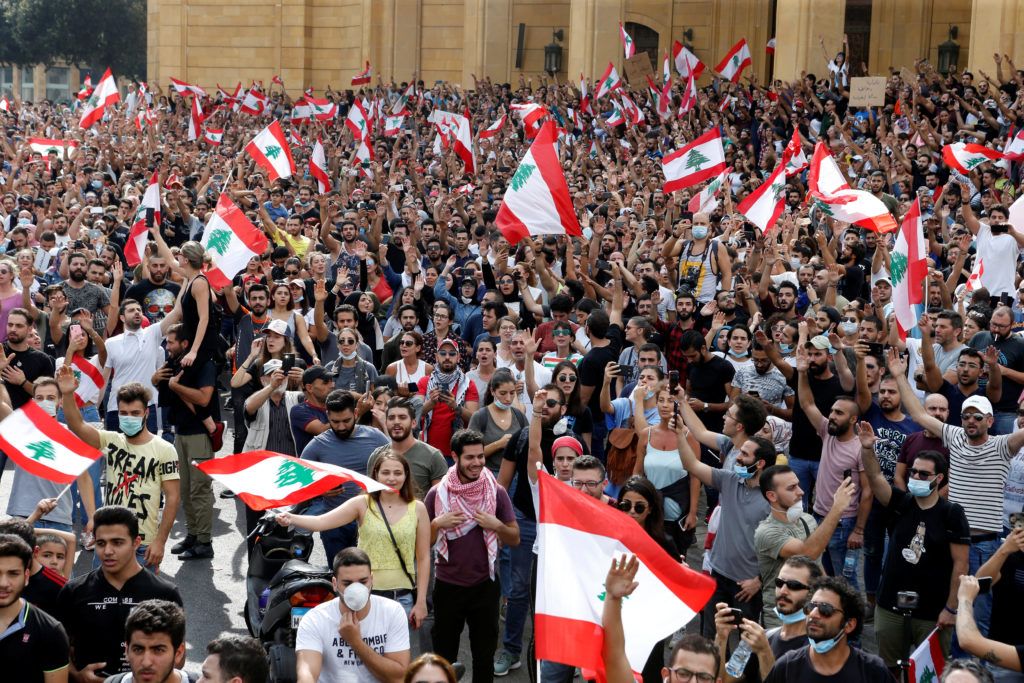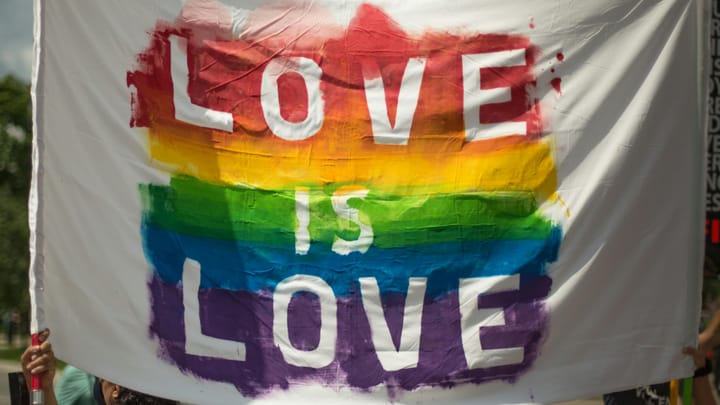Lebanon protests against sectarian politics and gender discrimination

A few minutes every morning is all you need.
Stay up to date on the world's Headlines and Human Stories. It's fun, it's factual, it's fluff-free.
Protests in the Middle Eastern country of Lebanon are upending national politics amidst the search for a new prime minister. Protestors have been gathering since October this year to call for an end to corrupt sectarian politics in the country. These protests have merged with a feminist movement that is seeking to bring women in the country greater representation and protection under the law.
Why are there protests?
On October 17, protests against government corruption and seeking societal reform broke out throughout the country. There had already been growing unrest within the country when the government suggested it would raise taxes to address the nation’s worst economic crisis in decades.
The protests led to the resignation of Prime Minister Saad Hariri on October 29. A prominent Lebanese businessman, Samir Khatib, had stepped in as a candidate and was to take office on Monday, December 9. However, Khatib suddenly ended his candidacy over the weekend, leaving a vacancy that may leave room for Hariri to reassume office.
Women’s rights
The protests over corruption and the economic crisis have also highlighted the plight of women protesting for equal rights in the country. According to a report by Al Jazeera, activists state that one in four Lebanese women are assaulted, yet there are no laws in place to protect them. On Saturday, women marched through the nation’s capital, Beirut, to call for protection from sexual harassment and greater rights for women.
In some Muslim countries, women can be punished for their own rapes under Islamic law. In 2017, a preacher in Saudi Arabi made headlines when he published a video online in which he claimed women are to blame for rape and sexual harassment.
Sectarian politics explained
Sectarian politics refers to politics based on the preferences of particular religious groups, or sects. In predominantly Muslim countries such as Lebanon, this can generally mean differing religious sects, such as the Sunnis, Shiites, and Salafis. When the religious differences are contentious, it can lead to a political system that implicitly (or explicitly) favors one group over another.
In 2012, a study by a Beirut-based research firm, Statistics Lebanon, found that 54% of Lebanon identifies as Muslim and just over 40% identify as Christian. The remaining 5–6% are made up of varied religious groups, including Jews, Buddhists, and Hindus. Of the 54% that identify as Muslim, the group is split almost evenly between Sunnis and Shiites – the two largest Islamic sects.
In a January 5, 2016 interview with NBC News, Robin Wright – a joint fellow at the United States Institute of Peace (USIP) and the Woodrow Wilson International Center for Scholars – stated that the original schism between the two sects, which occurred shortly after the Prophet Muhammad’s death in 632 A.D., was about political leadership – “not over religious doctrine.” Hariri, the former prime minister, is Sunni Muslim.
[article_ad]




Comments ()